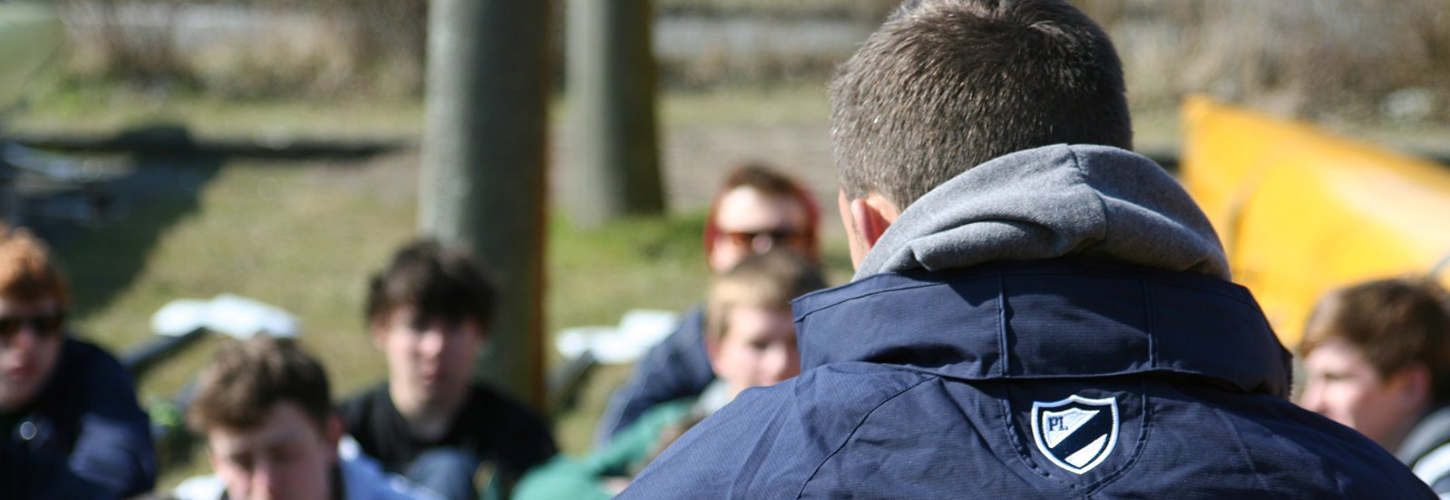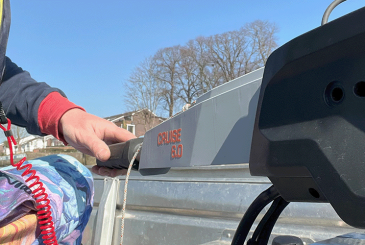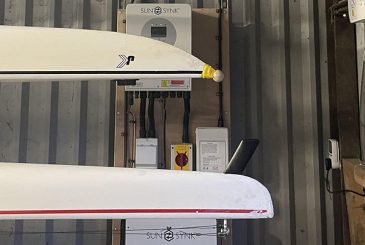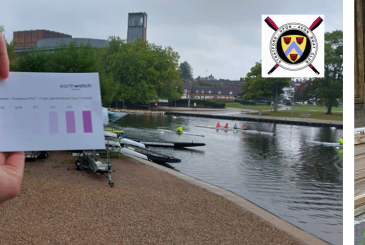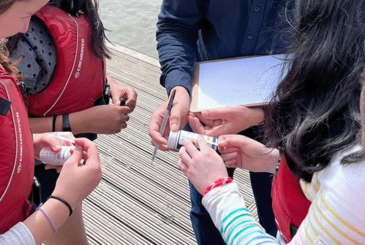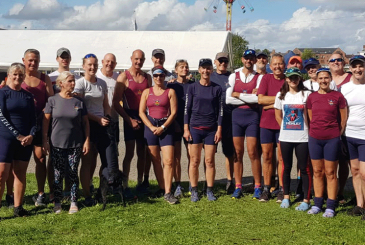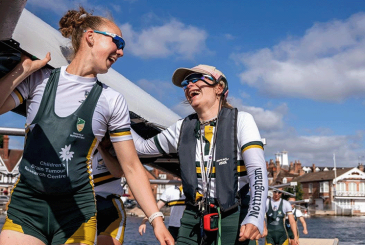David Blackham, Director of Rowing at The King’s School, Chester shares advice on boathouse tasks as the new season nears
For juniors, August is a quiet month of the year. It’s time to recharge the batteries – whether you’re a coach or athlete everyone needs a break and it’s possibly the only time in the year when you can truly relax, so make the most of it!
Don’t be tempted into the club to do a job that can wait until 1 September. The temptation is to try and do jobs which, in reality, will take a third of the time when you’re refocused at the start of September.
Stock orders should have been completed in early summer, but if they haven’t here is a recap for the start of the season.
1 – Life jackets
As well as testing each one and replacing the gas cylinders, it’s a good idea to get all the life jackets marked either with initials or numbers. This will make it easier for you to keep a check on them. Plus they are cared for better if coxes and coaches are allocated their personal one for use.
2 – Cox-boxes and microphones
Tested: these are essential safety equipment as well as racing aids – if you start the year with a full working set of them, coxes will take more care. For older units, contact the manufacturer to get new batteries fitted if they’re struggling to hold their charge.
3 – Boat ties
It’s worth spending the extra couple of pounds per tie to get your club initials embroidered on them; that way they tend not to wander at events.
4 – Loading the trailer
Take the time to show the new athletes how to tie a boat on – and let them try, they’ll only learn through practice. Get them to use the lower racks, leaving the higher racks to experienced hands.
Blades on the trailer
A pet hate – get the athletes into the habit of loading the blades one at a time, and make sure the looms don’t cross. Take the time to show the new athletes how to tie a boat on. It protects the blades but more importantly makes the club a more professional outfit when moving from base to base.
Take the time to show the new athletes how to tie a boat on
5 – New season, fresh feel
Just before the season starts, have a clean-up with your senior athletes, get the club right before the athletes return and make sure there is something new and fresh at the club, even if it’s just new stretching posters! The athletes should feel the slight change and be refreshed; a new season means just that, not just a continuation from the last.
6 – Book training camps
This is essential (if you haven’t done it already)! You need full attendance on your Easter camps to make them a success. Having the camps arranged and ready for athletes to sign up shows the importance of the camp. That said, a well organised camp to a venue 50 miles away is much more beneficial than a disorganised camp to an exotic location. And training camps abroad are logistically more challenging since Brexit because of the need to have a carnet for your trailer. Over the last few years we’ve run successful camps to Monmouth, Wimbleball Lake and Pangbourne. Get the camp booked and the athletes will get excited about the opportunity.
This article first appeared in Rowing & Regatta magazine in September 2013.


